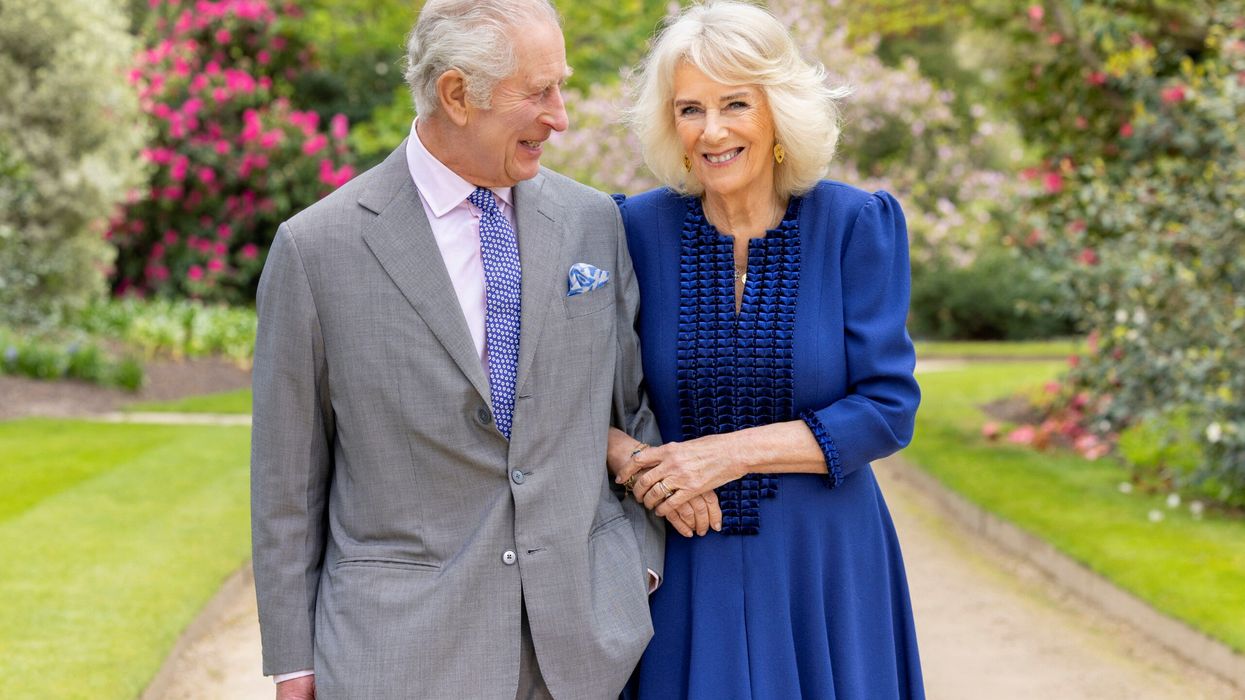King Charles III on Tuesday makes his first official public appearance since being diagnosed with cancer, after doctors said they were "very encouraged" by the progress of his treatment.
The British head of state and his wife, Queen Camilla, were expected to tour a cancer treatment facility to meet medical specialists and patients.
Charles, 75, suspended public-facing duties in February after cancer was found while he was being treated for an enlarged prostate the previous month.
The exact nature of his cancer has not been disclosed.
His daughter-in-law Catherine, Princess of Wales, 42, underwent abdominal surgery in January and said in March that she was receiving chemotherapy.
Again, no details were given about what type of cancer she has. Kate, as she is widely known, is married to Charles's elder son and heir Prince William.
Tuesday's event, the first in a number of planned engagements in the coming weeks, is designed to raise awareness of the importance of early cancer diagnosis and highlight innovative research.
The king is patron of Cancer Research UK and Macmillan Cancer Support while the queen is president of Maggie's, another cancer-support charity.
Charles, who succeeded his mother Queen Elizabeth II in September 2022, was officially crowned king on May 6 last year.
He has been seen attending church services since his diagnosis and at selected audiences. He has also continued his official state business.
On Friday, Buckingham Palace said doctors were "very encouraged" by the progress of his treatment and were "positive" about his continued recovery.
His treatment as an out-patient will continue but his schedule in the coming weeks will be reduced and subject to medical advice, a spokesperson added.
One upcoming engagement is a state visit by Emperor Naruhito and Empress Masako of Japan in June.
Awareness
Members of the public last week welcomed the king's return to some duties, and hailed him for raising awareness about cancer, which will affect one in two people, according to Cancer Research UK.
"It's a huge issue in today's society," Keegan Gray, 23, a demolitions manager from New Zealand, told AFP.
"A lot of people have cancer and a lot of people they keep it to themselves, they're a bit shy about it."
He said it was "really beautiful" that the king was raising awareness of cancer and the work of treatment clinics.
Actor Annie Rae Donaghy, 21, said the king's condition will remind people that "everyone struggles with this", regardless of status.
Charles and Kate's cancer diagnoses have created a headache for the royal family, with both having postponed public engagements.
William has also taken a step back to support his wife and their three young children, leaving fewer senior royals to fill the schedule.
Camilla, 76, has stepped in to take over many of her husband's engagements. Charles's sister Princess Anne and his youngest brother Prince Edward have also taken on more prominent roles.
Charles's estranged younger son, Prince Harry, is no longer a working royal but is expected in London on May 8 to mark the 10th anniversary of his Invictus Games for disabled military veterans.
He will then join his American wife Meghan on a visit to Nigeria. (AFP)




